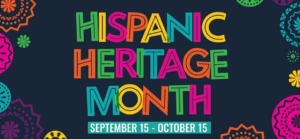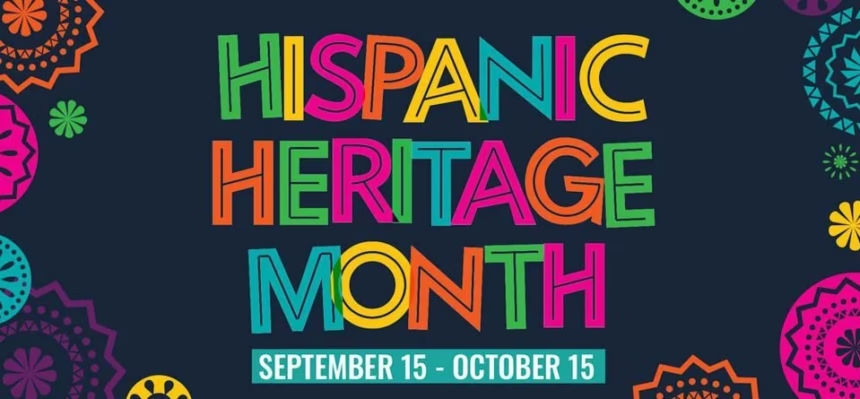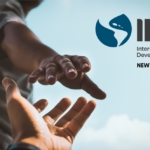This year, many traditional Hispanic Heritage Month (Sept. 15–Oct 15) celebrations were absent, resulting in the loss of public festivals, parades, and cultural programming that usually mark the month.
Community leaders and event coordinators report that immigration policies under President Donald Trump have raised widespread anxiety. Many communities have canceled or postponed events due to concerns about increased immigration enforcement.
According to CBS News, significant cultural gatherings have been suspended across multiple states, including California, Massachusetts, North Carolina, and Washington.
Event committees cite two primary factors: concerns about potential Immigration and Customs Enforcement (ICE) operations during public gatherings and increasing uncertainty surrounding cultural programs following a federal English-only initiative and the dismantling of diversity, equity, and inclusion (DEI) programs.
In Chicago, the signature El Grito festival commemorating Mexican independence was postponed. The city lost an event that had previously drawn hundreds of thousands and fostered community pride. “It was a painful decision, but holding El Grito Chicago at this time puts the safety of our community at stake – and that’s a risk we are unwilling to take,” organizers told the Associated Press.
Illinois Democratic state Sen. Karina Villa criticized the federal response as the holiday period began, stating that deploying federal resources during these celebrations can be interpreted as a tactic that discourages participation.
Traditions strained by politics
Hispanic Heritage Month, established in 1968 during President Lyndon B. Johnson’s administration through Rep. Edward R. Roybal’s initiative and later expanded to a month-long observance in 1988 under President Ronald Reagan, celebrates the contributions of communities with Spanish, Mexican, Caribbean, and Central and South American heritage—now encompassing over 68 million people in the U.S., based on recent census data.
The current atmosphere is clearly tense. ICE agents in masks have raided agricultural and manufacturing sites and other areas. Both undocumented individuals and, sometimes, legal permanent residents have been affected. Community advocates say these actions have lowered participation in Latino communities. “It was clustered around big celebrations for the community,” said Alberto Lammers, communications director at the UCLA Latino Policy and Politics Institute. “It became a chance for people to know Hispanic cultures, for Latinos to get to know a community better, and for the American public to understand a little better the long history of Latinos in the U.S.”
In California, Sacramento’s prominent Mexican Independence Day festival was canceled, depriving residents of a major annual gathering typically characterized by music, food, and community performances. Similar cancellations in Kenner, Louisiana, Indianapolis, and regions of North Carolina halted planned festivities.
A celebration becomes a test of resolve
Anthropologist Ivan Sandoval-Cervantes of the University of Nevada, Las Vegas, noted that top-down cancellations are reverberating across the country. “Even if a specific state does not celebrate, the events may shift into private homes,” he said. “People will embrace symbols or speak Spanish where it is safer.”
Mexico’s government advised citizens in the U.S. to be careful. President Claudia Sheinbaum urged people to celebrate mindfully and suggested gathering at consulates.
Mexico’s Foreign Ministry announced more consular support for emergencies. It advised those detained by U.S. authorities to remain calm, stay silent, and not sign anything without the presence of legal counsel.

Source: https://www.cbsnews.com







